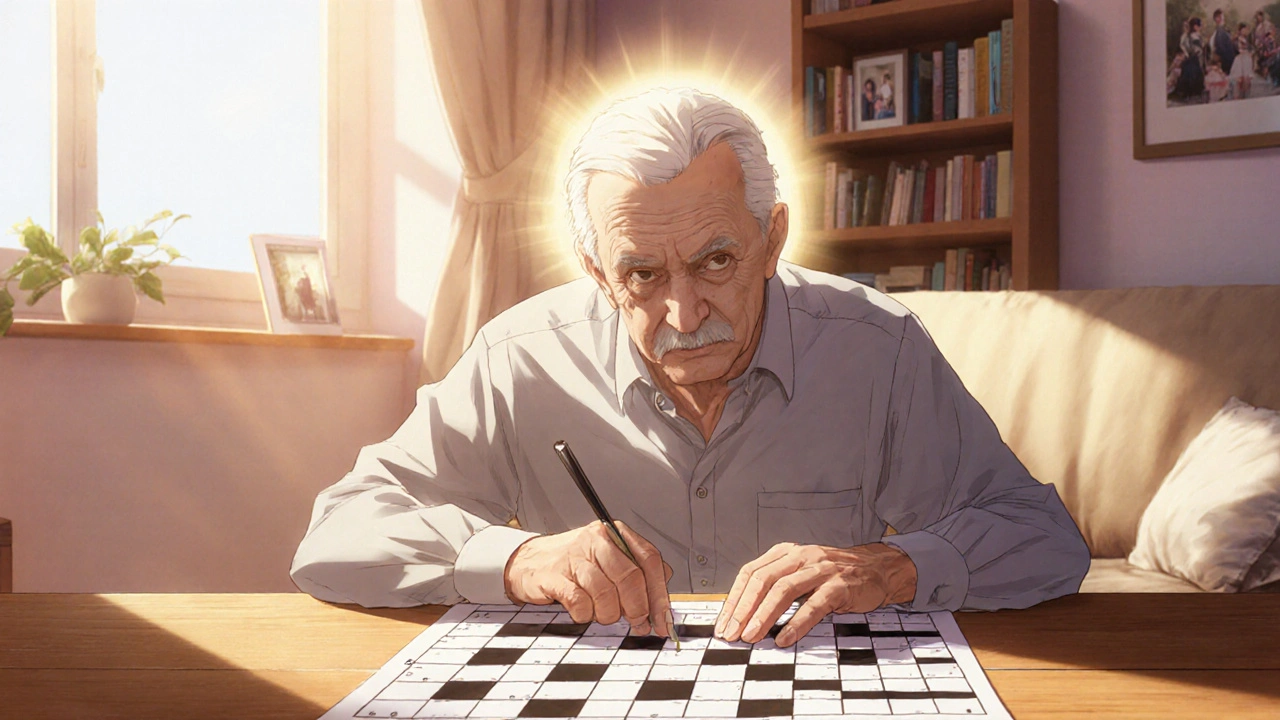Brain Exercises: Boost Memory, Focus, and Mental Health with Proven Techniques
When you do brain exercises, structured activities designed to challenge and strengthen mental functions like memory, attention, and problem-solving. Also known as cognitive training, they’re not just puzzles—they’re practical tools backed by real science to keep your mind sharp as you age. Unlike passive activities like watching TV, brain exercises require active engagement. They push your brain to form new connections, a process called neuroplasticity, the brain’s ability to reorganize itself by forming new neural pathways in response to learning or experience. This isn’t theory—it’s what happens when someone learns a new language, masters a musical instrument, or even changes their daily route to work. Your brain adapts, gets stronger, and resists decline.
Think of your brain like a muscle. Skip workouts, and it weakens. Do the right exercises, and it improves. Studies show regular cognitive training can delay memory loss in older adults by up to two years. But you don’t need to be old to benefit. People in their 30s and 40s use these techniques to fight brain fog, improve focus at work, and reduce anxiety. Simple habits like solving crosswords, learning to juggle, or even brushing your teeth with your non-dominant hand trigger measurable changes in brain activity. And it’s not just about puzzles. Physical movement, sleep quality, and social interaction all play supporting roles. A walk in the park while recalling your grocery list? That’s a brain exercise. Talking through a tough decision with a friend? That’s mental training too.
Some of the most effective brain exercises are the ones you already do—just with more intention. Reading a book and summarizing it in your head. Memorizing phone numbers instead of saving them. Playing strategy games like chess or Sudoku. Even managing your budget without an app forces your brain to calculate, prioritize, and plan. These aren’t just hobbies—they’re preventive care for your mind. And while apps and online programs promise quick fixes, real progress comes from consistency, not gimmicks. The best brain exercises are the ones you’ll stick with long-term.
What you’ll find below isn’t a list of random articles. It’s a curated collection of real, practical guides that connect brain health to everyday life. From how sedating medications affect older adults’ balance and mental clarity, to how inflammation impacts neurological conditions like multiple sclerosis, these posts show how brain function ties into medication safety, lifestyle choices, and long-term wellness. You’ll see how genetics influence everything from teething pain to cognitive resilience. And you’ll learn how managing conditions like Parkinson’s or epilepsy isn’t just about pills—it’s about mental habits too. This isn’t about memorizing facts. It’s about building a smarter, healthier mind—one day at a time.


